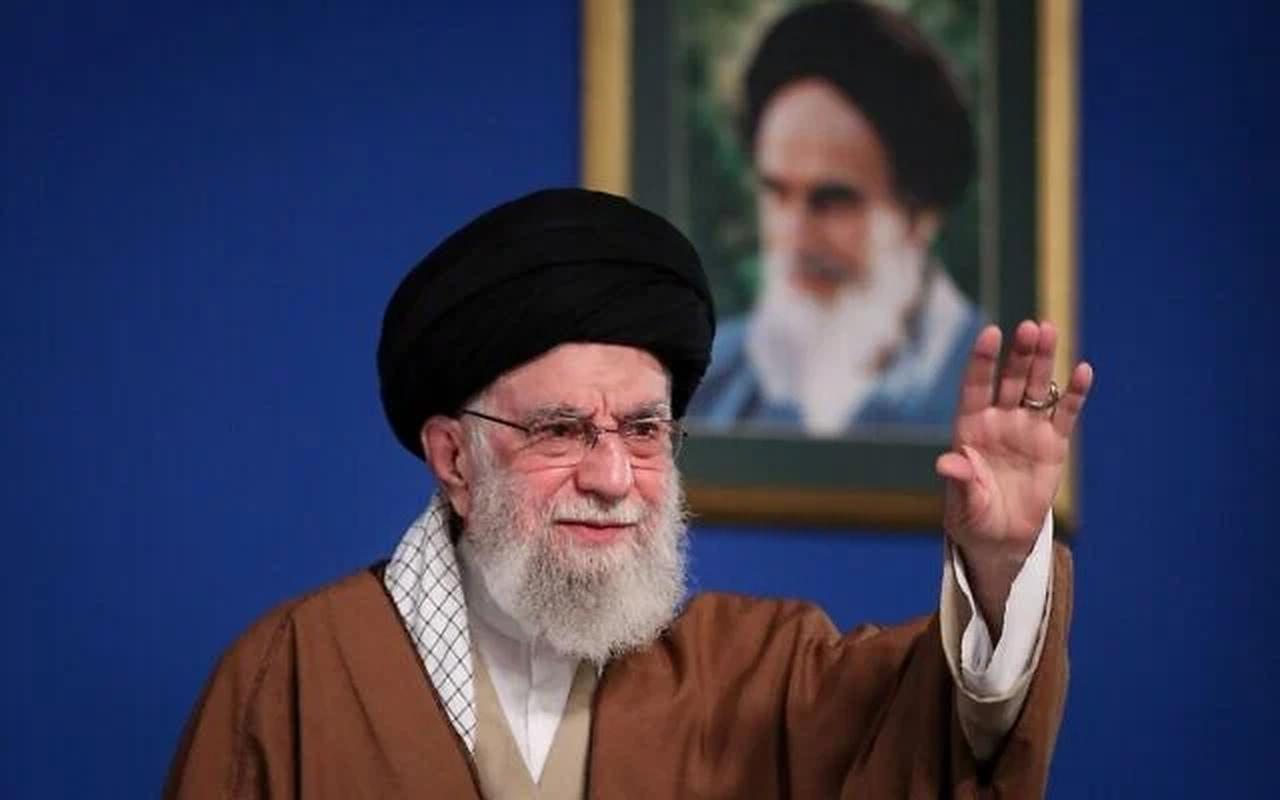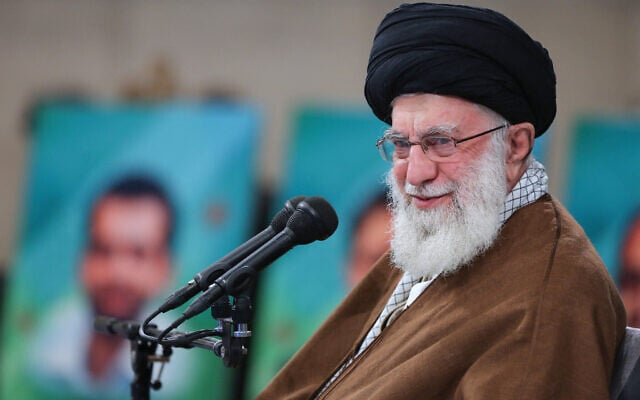
Iran’s 86-year-old Supreme Leader Ali Khamenei is facing increasing isolation and weakening authority amid a wave of deadly Israeli airstrikes targeting his closest military and security advisers, Reuters reported.
These strikes have significantly disrupted the inner workings of his advisory circle, raising concerns over the potential for strategic miscalculations in Iran’s defense and internal security policies.
Combined with mounting economic challenges and growing domestic unrest, Khamenei now confronts one of the most precarious moments in his nearly four decades of leadership.
Israeli attacks have killed several top commanders of the Islamic Revolutionary Guard Corps (IRGC), a cornerstone of Iran’s power structure.
Key figures lost include IRGC commander-in-chief Hossein Salami, ballistic missile program head Amir Ali Hajizadeh, and intelligence chief Mohammad Kazemi.
These men formed the core of Khamenei’s close advisory circle of approximately 15 to 20 trusted officials. Their deaths have created substantial gaps in military command and heightened risks of operational errors.
Khamenei is known for his combination of extreme caution and stubbornness. Though he holds ultimate authority on all major decisions, he actively listens to diverse viewpoints and seeks additional information before finalizing policies.
His focus remains regime survival, guiding him through detailed cost-benefit analyses. The recent loss of key military advisors, however, increases the likelihood of flawed decisions regarding defense and internal security.

Over the past two decades, Mojtaba Khamenei, the Supreme Leader’s son, has steadily risen in influence.
He maintains strong ties with the IRGC and acts as a key coordinator among various political factions and institutions.
Some insiders view Mojtaba as a potential successor to his father, leveraging his connections across Iran’s political and security apparatus to consolidate power.

Despite military losses, Khamenei continues to rely on seasoned political and diplomatic advisers.
Former foreign ministers Ali Akbar Velayati and Kamal Kharazi, alongside ex-parliament speaker Ali Larijani, remain influential in shaping domestic and foreign policy.
Ali Asghar Hejazi, deputy of political security affairs in Khamenei’s office, wields significant intelligence authority.
These advisers are central to managing nuclear negotiations and navigating Western sanctions, although persistent economic difficulties challenge Iran’s stability.

Iran’s regional network, known as the “Axis of Resistance,” has suffered major blows. Hezbollah leader Hassan Nasrallah was killed in an Israeli airstrike last year, dealing a severe blow to Tehran’s influence in Lebanon.
Additionally, Syrian President Bashar al-Assad’s overthrow by rebels has further destabilized Iran’s key regional ally. These developments complicate Khamenei’s efforts to maintain influence abroad while managing growing internal pressures.